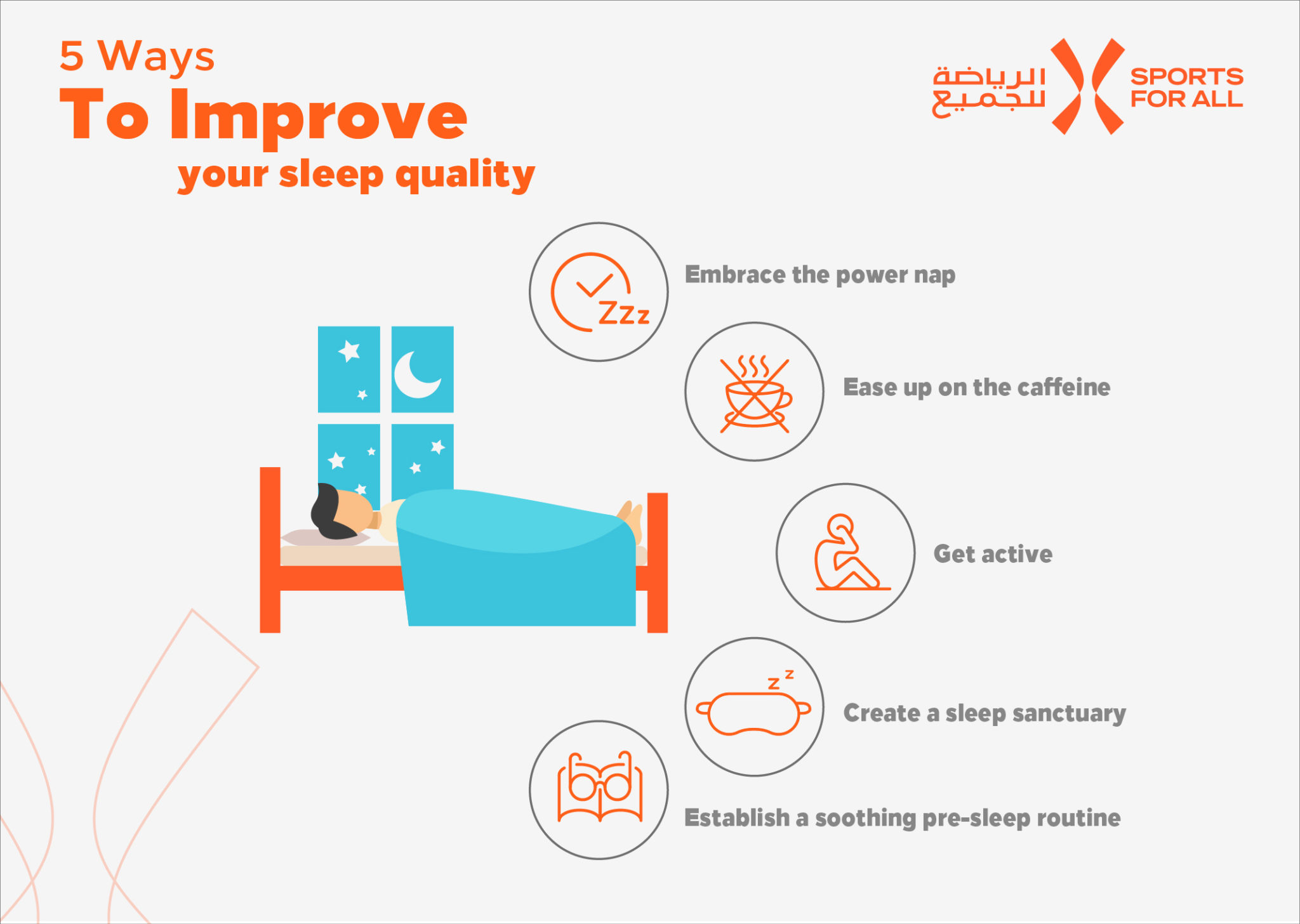Sleep experts agree that these simple tips help you get a better night’s rest
Falling asleep often seems elusive with all the daily stressors of modern life. That being said, getting a goodnight’s sleep is not completely out of your hands. Sleep experts have mapped out simple suggestions to help promote better sleep quality. Here are five easy ways that you can improve your sleep hygiene:
- Embrace the power nap
Many sleep experts agree that a short 10-20 minute nap will help provide a quick jolt of alertness and energy, basically, power napping. Short sleeps are recommended as it keeps you in the non-REM stage of sleep, which is the lightest. Napping for more than 30 minutes means that you’ll hit the deeper stages of sleep. This is when your brain waves begin to slow down, and the reason why you wake up feeling groggy. The accepted best advice is to steer clear of longer naps as they can disrupt your sleep pattern come nighttime.
- Ease up on the caffeine
Don’t worry! We’re not asking you to give up your coffee fix completely. Experts recommend holding off on caffeine for at least six hours before your bedtime. Why six hours? According to the Sleep Foundation, it takes six hours for one half of the caffeine to be eliminated once it’s in your system. Stick to caffeinated beverages earlier in the day so you don’t risk a goodnight’s sleep.

- Get active
Exercise is always a good idea, but even more so if you’re one of those people who struggle to fall asleep at night. Studies have proven that moderate physical activity promotes better sleep for those who suffer from difficulty sleeping. As little as 10 minutes of any aerobic exercise like walking or cycling can drastically improve your sleep quality. It is important to remember that most people sleep better when they exercise earlier in the day. Some prefer an evening workout, especially for post-work stress reduction, and the affect on sleep varies from person to person so experiment on what works for you.
- Create a sleep sanctuary
Comfort is key for a great night’s sleep, so obvious things like bedding and linens are important. Less considered but just as important are things like blackout shades or eye masks to block out natural and artificial light. Bright lamps, cellphones, computers, and TV screens all radiate light and can promote an awake state – exactly what you don’t want before bed! Keeping distracting devices like phones out of the bedroom is very highly recommended to promote a safe space for a better night’s sleep. Once you have created a dark and distraction free room, also ensure to keep it cool. Experts recommend setting the temperature in your bedroom between 15 and 21 degrees Celsius.
- Establish a soothing pre-sleep routine
It is useful to create a routine to help ease the transition between waking active hours and sleep time, and coaching a reset on your internal clock. You can read a book, do some stretches, or take a warm bath to help you relax after a long day. Researchers have found that a warm bath promotes better sleep. The rise in our body temperate when we take a bath and then its fall afterwards promotes drowsiness. Try to avoid any stressful activities before bed because they can cause the body to secrete cortisol, a stress hormone that increases alertness. Another key aspect of a solid nighttime routine is an established bedtime. Try to sleep at the same time every night; it will help regulate your internal clock to accept sleeping at a certain time night after night.
Some of these habits are more challenging to implement than others, but giving one step a try at a time will help you work toward that deep and restful slumber!
Healthy Living is a frequently updated content section brought to you by the Saudi Sports for All Federation. In the spirit of supporting our #HealthyActiveCommunity, we’re sharing tips around wellness, physical activity and more!






